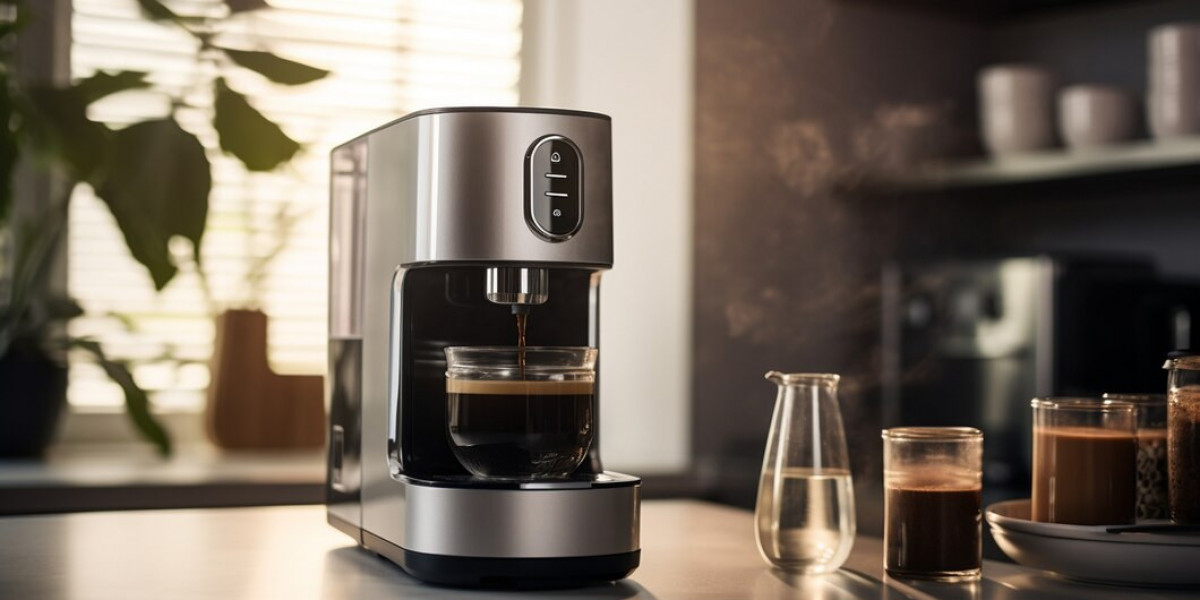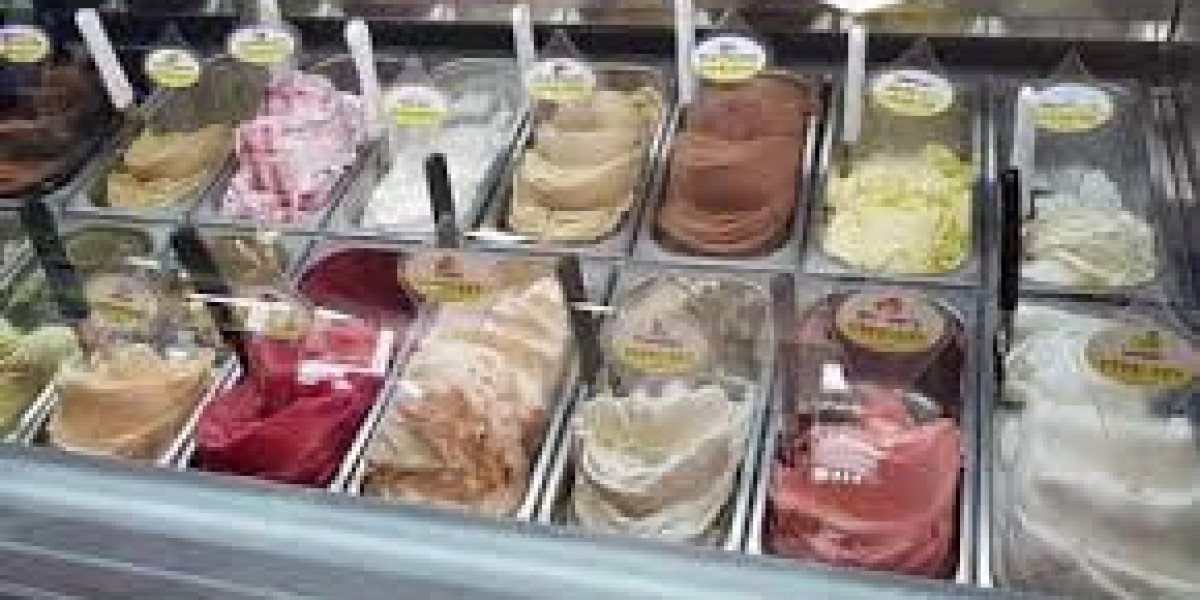The coffee machine market has grown substantially in recent years, driven by the increasing global consumption of coffee and innovation in coffee brewing technology. With an increasing demand for quality and convenience in home brewing, coffee machines have evolved into essential kitchen gadgets, available in various forms such as drip machines, espresso machines, single-serve brewers, and high-end commercial machines. However, what truly influences the market are the various stakeholders and trends shaping its growth. In this article, we will explore key influencers in the coffee machine market.
1. Technological Advancements
One of the primary influencers of the coffee machine market is technological innovation. Manufacturers continue to enhance product functionality, making them more user-friendly, energy-efficient, and versatile. Smart coffee machines that allow consumers to control their brew through smartphones and integrate voice command features are a significant trend. Additionally, advancements in grinder and brewing mechanisms, such as precision temperature control and milk frothing technologies, provide consumers with an elevated coffee experience that appeals to both casual drinkers and coffee enthusiasts.
2. Sustainability Trends
In todays market, sustainability has taken center stage across industries, and the coffee machine market is no exception. Consumers are becoming more conscious of the environmental impact of their purchases. From machines with eco-friendly featuressuch as reusable filters and low energy consumptionto sustainable packaging and recycling options, the push for a greener coffee machine is strong. Brands that are committed to reducing their environmental footprint through sustainable production processes are attracting an increasingly discerning market. Eco-conscious coffee enthusiasts are seeking brands that reflect their environmental values, signaling a shift in consumer preferences.
3. Market Competition and Brand Influence
Brands have a considerable impact on shaping the coffee machine market. Well-established names, like Nespresso, Keurig, De'Longhi, and Breville, wield significant power. Their products are often considered benchmarks of quality, with millions of users following them for consistency in performance and flavor. These major players also influence smaller brands by setting market standards and sparking innovation. Product differentiation, through features like customizable brew strength, automatic cleaning systems, and compact designs, also elevates the competition and drives market growth. New players entering the market with unique value propositions or more affordable pricing may further disrupt the established order, generating a competitive environment.
4. Coffee Consumption Culture
The ever-evolving coffee culture worldwide has also influenced coffee machine sales. The increasing number of coffee lovers seeking to recreate caf-quality beverages at home has opened up new opportunities for coffee machine brands. The rise of artisanal coffee and third-wave coffee culture has made consumers more discerning about their coffee preferences, driving the demand for high-quality, specialty coffee machines that replicate the coffee shop experience. As socializing around a coffee cup continues to remain a significant part of social and work culture, households and offices alike see coffee machines as a must-have appliance for day-to-day enjoyment.
5. Consumer Behavior and Demands
Consumer preferences play a major role in the design and features offered by coffee machine brands. Price sensitivity, user-friendliness, and customization options have become important for coffee lovers looking to purchase machines. Compact and easy-to-maintain machines for small kitchens and offices are gaining popularity. Additionally, there is a demand for multipurpose coffee machines that can brew everything from a single shot of espresso to a pot of drip coffee. The rise of online retail platforms has further reshaped consumer behavior, providing access to reviews and greater transparency in product details, leading to more informed purchasing decisions.
6. Influence of Social Media and Digital Marketing
Social media plays an increasingly pivotal role in influencing consumer decisions, including in the coffee machine market. Platforms such as Instagram, YouTube, and TikTok offer coffee machine enthusiasts a space to share experiences, tutorials, and reviews. Many coffee lovers look for visual content showcasing machine performance, ease of use, and potential recipes before making a purchase. Coffee influencers, bloggers, and social media personalities often hold sway over purchasing decisions by endorsing certain products or brands. Digital marketing strategies that engage consumers through these platforms and emphasize visually appealing coffee-making processes are powerful tools driving demand.
Conclusion
The coffee machine market is evolving rapidly as a result of technological advances, sustainability considerations, market competition, consumer behavior, and a strong influence from social media. Brands are aligning themselves with these factors to stay competitive in an industry that's constantly shifting. As more consumers invest in premium coffee experiences, coffee machines are transitioning from simple kitchen appliances to indispensable lifestyle companions.








